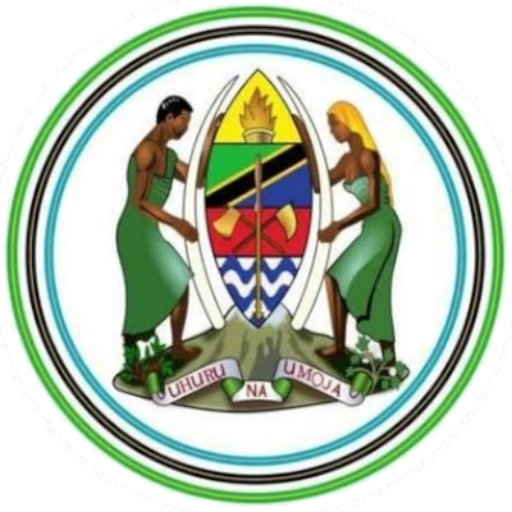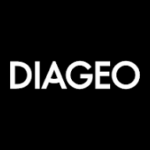About Company
Overview
EABL began with the creation of Kenya Breweries Limited in 1922 – the year we brewed our first ever beer. Today, our business is concentrated on three core markets of Kenya, Uganda and Tanzania, and our products are sold in more than 10 countries in Africa and beyond. We have five production sites across the region and our operations support a range of industries and suppliers.
Innovation plays a crucial role in our growth strategy by ensuring that our brands are accessible and relevant to our customers in East Africa. For example, our iconic Senator keg brand has been hugely successful in offering a safe and affordable alternative to harmful illicit brews.
At the same time, we work to ensure alcohol can be enjoyed as part of a balanced lifestyle. Campaigns such as Under 18 Asipewe and Utado? (What will you do?) are designed to equip consumers with the knowledge they need to enjoy our products responsibly. We’ve also delivered training to thousands of retailers and consumers.
We are committed to having a positive impact where we operate and are proud of our work across the region to address issues such as water efficiency, skills training and environmental protection.
* Source: McKinsey 2017
Our brands
Our wide portfolio of brands, including beer brands Tusker, Bell and Serengeti and spirits such as Kenya Cane, Uganda Waragi and Smirnoff X1, are enjoyed across East Africa and beyond.
Our operations have had a positive impact across the region, creating direct and indirect employment to over 2 million East Africans. We invest heavily in local manufacturing and raw materials and are the second largest corporate taxpayer in Kenya.
Supporting the economy
- We’ve invested £11.1 million in the installation of a new bottling line aimed at maximising our packaging capacity. The packaging line has led to the transformation of our ways of working, with benefits including improved efficiency and productivity.
- We produce close to 1.2 million hectoliters of beer every year and purchase more than 6 billion XAF of goods and services.
- We have invested close to £22.3 million on new technologies to meet consumer demand in Cameroon. This has allowed for the expansion of production capacity and the installation of a new spirits packaging line.
- We were the first brewery in Cameroon and in the sub-region to bottle Scotch whisky, introducing Black & White in 2017. Other mainstream innovations include Orijin Bitters and Guinness Triple Black spirits.
- We work with more than 4,500 smallholder farmers in the north and far north regions and purchase sorghum worth over 2.5 billion XAF each year. This has led to an increase in employment in the agricultural sector, with around 6,000 Cameroonians directly and indirectly earning their living from our sorghum supply chain project.
Supporting people
- We directly employ about 1,500 people and will create 200 more jobs in our new brewery in Kisumu. We also have an extensive distribution network, with 100 distributors across Kenya, and around 22,000 mainstream outlets and 19,000 Senator outlets across the region.
- Our value chain indirectly employs about 250,000 to 300,000 people and the Kisumu brewery will add an estimated 100,000 indirect employees. Over 60,000 farmers supply sorghum for use in the production of Senator beer.
Great people build great brands
Our ambition is to become the best performing and most trusted and respected consumer products company in the region. Having a diverse and motivated workforce is one of the key ways we will achieve this goal.
Our leaders are charged with putting diversity and inclusion at the heart of everything they do so that we can all share the benefits that diverse teams can bring to our business.
We are delighted that our efforts have been recognised. In 2018 EABL was named among the top four manufacturing businesses and as an employer of choice while our KBL Graduate Programme was voted the best initiative at the 2017 Global Careers Awards.
Among large companies, EABL has been named as the employer of choice several times in the last decade in Deloitte’s annual Best Company to Work For survey.


